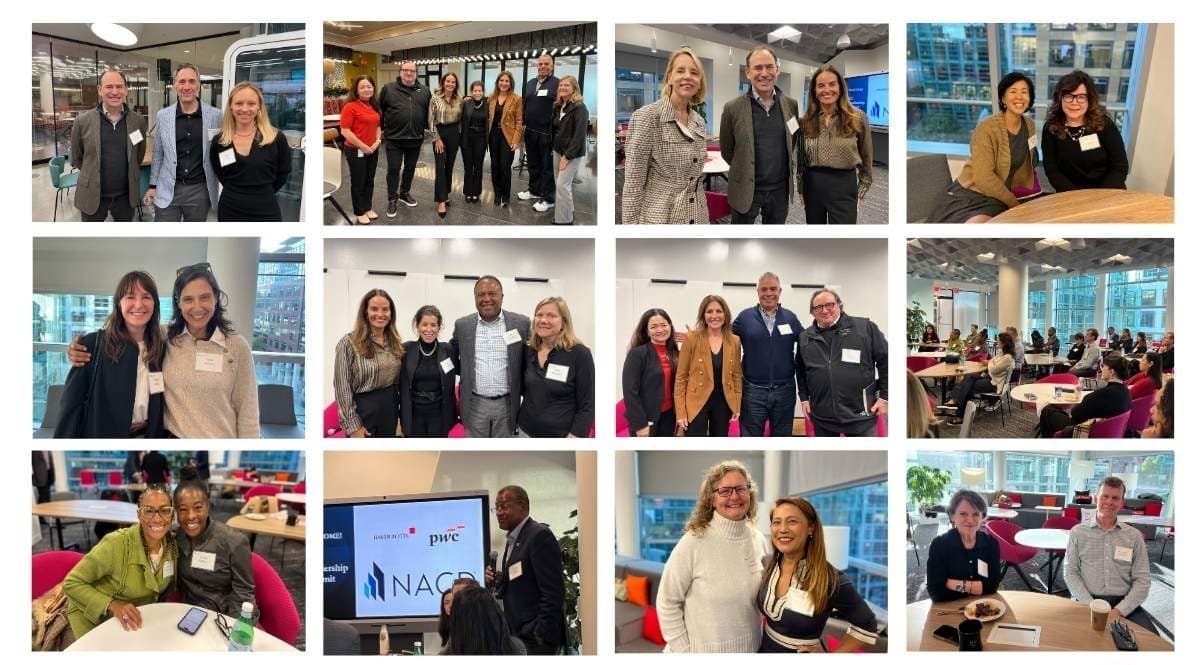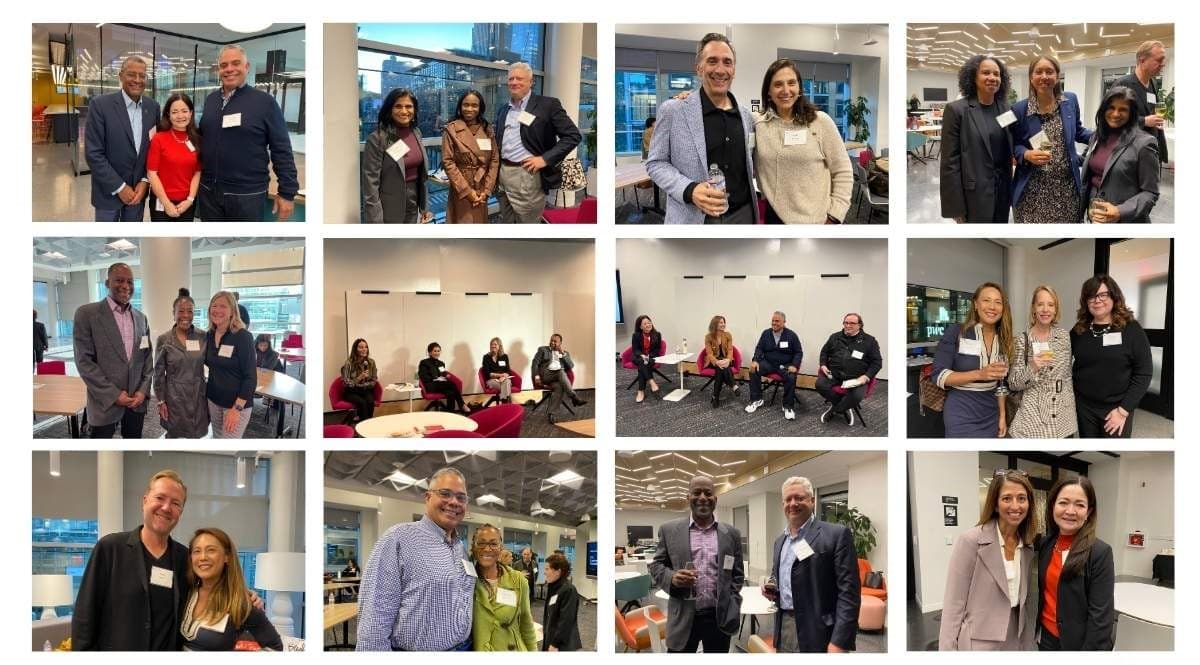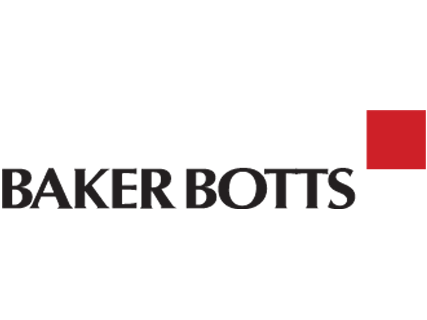General Counsel Leadership Forum
Archive

NACD Northern California
Contact Us
Lisa Spivey,
Executive Director
Kate Azima,
Director of Partnerships & Marketing
programs@northerncalifornia.nacdonline.org
Find a Chapter
About The Event
We gathered general counsels, chief legal officers, and board members at PwC's San Francisco office for NACD Northern California’s inaugural GC Leadership Forum. The afternoon included two panel discussions on the evolving role of the GC in today’s boardrooms, as well as networking time, and a guest appearance from seasoned board director Herman Bulls, who shared his insights with this group on leadership.
KEY TAKEAWAYS
Panel 1: The GC Advantage Unlocking Value in the Boardroom
Panelists: Carolyn Herzog, Joe Hurd, Kate Schuelke
Moderator: Catherine Zinn
- Make your board interest known. Tell people you are seeking a board role and practice interviewing specifically for director seats, which require a different mindset than executive roles.
- Build board readiness early. Success comes when preparation meets opportunity.
- Understand and use the general counsel’s enterprise vantage point. The GC role is uniquely holistic—legal, cultural, reputational, operational, and strategic. In fast-moving environments, the GC should be the person who asks where the company is headed and what long-term risks and opportunities lie ahead.
- Your core value is clarity. Strong GCs translate complexity into concise guidance that enables better decisions. Demonstrate enterprise-wide perspective, readiness to navigate regulators and law enforcement, and the ability to provide clear direction, especially in crisis.
- Board dynamics are different from executive dynamics. Moving from operator to director requires restraint, judgment, and influencing without doing. Seek feedback from directors to learn boardroom norms.
- Build real relationships with directors. Trust is formed outside the boardroom, before and after the meeting. Don’t hesitate to reach out to board members as mentors or thought partners; most are willing to support a GC who is genuinely interested in learning and contributing at a strategic level.
- Ask the right questions, but not all the questions. Power lies in identifying the few questions that shift the conversation—not interrogating every detail.
- Develop breadth beyond legal. Experience in security; audit; environmental, social, and corporate governance; mergers and acquisitions integration; or cross-functional leadership deepens credibility as a future director. You don’t need to have every answer; your value is in framing what matters and driving the conversation.
- Pathways to board seats are varied. Advisory boards, observer roles, and private-company boards provide strong entry points—especially where founders value a GC’s guidance on regulation, risk, and business durability.
- Own your strengths. If you join a board outside your industry, identify your distinct value—don’t try to be a sector expert. Be the best leader with these traits:
- Interpersonal intelligence: Curiosity, empathy, and continuous learning
- Communication discipline: Clear speaking, controlled body language, precise writing, and active listening (two ears, one mouth)
- Analytical judgment: Ability to distill complexity into structured, qualitative reasoning
- Leadership presence: Ability to influence groups toward shared outcomes
- Balanced risk-taking: Stretch thinking while understanding implications and guardrails
- Personal fit and passion: Being someone others want to work with—chemistry matters
- Know a GC’s superpowers: GCs have a unique ability to translate risk into strategy, maintain enterprise perspective, and connect patterns and implications across the organization.
Panel 2: Risk. Regulation. Reputation: The GC's Triple Challenge
Panelists: Adam Frankel, Brian Martin, Michelle VonderHaar
Moderator: Jane Allen
- Lead your board to think dynamically. Help directors anticipate risks and opportunities instead of reacting to them. Be the person who can look around the corners.
- Culture and team resilience matter. Change is constant and fear is real; create psychological safety, clarity, and structure to help teams perform under pressure.
- Perfection is no longer a reasonable standard. Model confident progress and adaptability rather than fear of being wrong.
- Use AI intentionally, not as hype. Experiment thoughtfully—use controlled data environments, understand the limits, and be transparent with your team about what works and what doesn’t. Keep ensuring your AI policies are reflective of the latest iterations of tools offered.
- Credibility is your currency. Stay grounded and honest with your team and bring them along with you for the AI ride. Frame AI as a force multiplier, not a threat. Ask: “What parts of your work do we want to make easier or less repetitive?”
- Quarterly updates are no longer enough. Boards need more frequent, focused communication to stay ahead of fast-moving risks. Committee structures should be intentional and tailored to the company. What matters is ensuring clarity in oversight and closing any gaps in information flow between committees and subcommittees. The best practice is to have committee meetings open and information available for the whole board.
- Elevate what truly matters. Keep the board at the strategic level and avoid pulling them into operational detail.
- A culture of compliance is nonnegotiable. Companies run into trouble when exceptions become normalized—this erodes trust and invites reputational risk. Even if a regulation isn’t currently enforced, it can still be prosecuted later, so consistency matters. Call issues out early and ground decisions in how they would look if made public. Use precedents and patterns from other companies to help the organization avoid repeating known mistakes.
- The GC role can be lonely. This role comes with accountability and discretion. Use trusted peers and board thought partners wisely.
- Sustained advantage comes from the basics. Deep business understanding, clarity on risk appetite, leadership that inspires performance, and alignment with company goals outlast any regulatory cycle or technology wave.


Thank you to our partners for making this event possible.
 |
 |
NACD Northern California
Contact Us
Lisa Spivey,
Executive Director
Kate Azima,
Director of Partnerships & Marketing
programs@northerncalifornia.nacdonline.org
Find a Chapter
By registering for an NACD or NACD Chapter Network event, you agree to the following Code of Conduct.
| NACD and the NACD Chapter Network organizations (NACD) are non-partisan, nonprofit organizations dedicated to providing directors with the opportunity to discuss timely governance oversight practices. The views of the speakers and audience are their own and do not necessarily reflect the views of NACD. |

